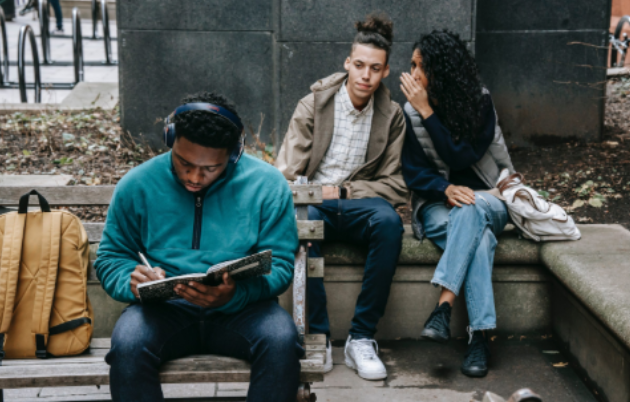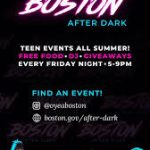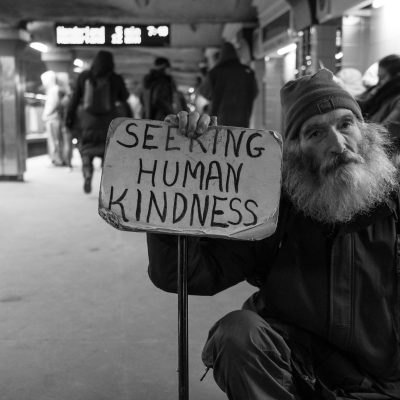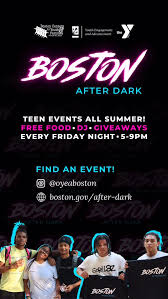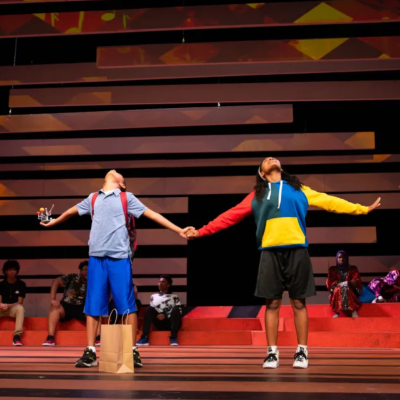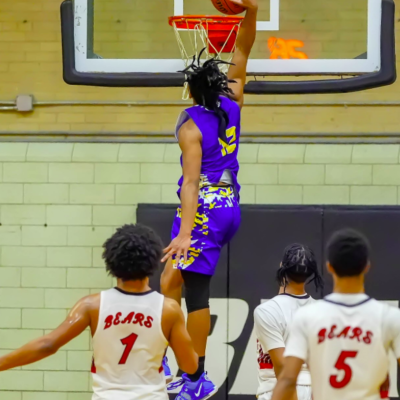How to truly connect with people
Animals are better with relationships than humans. Yes, that’s a hot take, but to survive, animals thrive on relationships. According to Livescience, a website that focuses on animal research, there are countless ways that animals subtly help others in need. Some “adopt” a dependent offspring of a deceased animal friend, and some warn others of incoming danger or resource scarcity. Many animals don’t care, nor do they bother to act differently when it comes to bonding with other species and animals that are different from them, unlike many humans. Animals have it “easier” when it comes to building and maintaining strong relationships, but humans never developed that survival trait, causing a major global dilemma.
1) Perception
You perceive everyone you’ve laid eyes on differently. Some people are perceived negatively because of one action they did for a few seconds or how they look. We love to make assumptions about someone’s personality and life off what our eyes see. Sadly, our eyes can’t read minds or experience a person’s entire existence with a simple glance. The challenging aspect of this society is that it isn’t socially acceptable to approach a stranger and ask for their entire life story, so we often settle for the easiest option: assumption. People have always fought to be the “best”, so naturally, if a human sees something that could be perceived negatively, they’ll take the easy route and make a negative assumption.
The best thing you can do as a person who, in this era, is wired to think negatively about others is, before making fun of someone or thinking lowly of them, respectfully and meaningfully get closer to them and take the time to truly learn their story. Never pressure anyone to share anything they don’t want to and are uncomfortable with sharing.
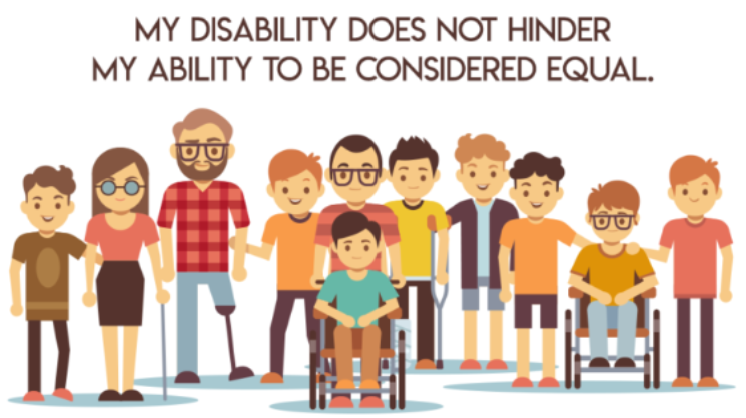
2) Treatment
We’ve all heard the “golden rule”: treat others as you want to be treated. It seems simple, but many people don’t remember it during daily interactions and often only use it when they feel mandated to. A study by The Print shows that nearly 20% of people who follow the “golden rule” while being watched don’t follow it when not being watched. The instinct to be a person’s best self when being judged, but not acting the same when alone, shows a lack of integrity– which is a problem with humans.
People are often “fake” to seem kinder. After sharing one or more of my health (mental and physical) diagnoses with someone else, the people I’ve surrounded myself with usually act nicer and understanding. Still, based on past experiences, they only want me to become comfortable and share things that they can later use against me. The disabilities that I’m diagnosed with make it harder for me to recognize social/emotional danger, and I typically overshare personal facts with people I feel close to. Many people experience this, leading to trust issues and the bottling of feelings and problems. What many people ask of others after sharing a vulnerable aspect of their lives is simply patience and understanding. You likely don’t need to change anything about how you interact with them as long as you make yourself available and understand when they ask for an accommodation, which would slightly change the way things are done so tasks can be done in the same level of difficulty as someone without a disability, rather than making simple tasks hard to do.
3) Communication
As you’re reading these words, you’re communicating. Sometimes you communicate with people, sometimes animals, and sometimes yourself. Your own body has a whole process of communication that keeps you alive with every beat of your heart. Luckily, a human doesn’t require back-and-forth signals, manual labor, and 10-step verifications to communicate with someone else. Body language, movements, expressions, drawings, and gestures are all forms of communication that don’t require all parties to know a common language or be verbal. Although knowing every language that exists would be amazing, it would take an insane amount of time and dedication, and there is no known person on Earth who speaks all languages.
Effective communication is crucial in every relationship, regardless of its seriousness. Actions as simple as communicating feelings and opinions can strengthen a relationship and avoid arguments and misinterpretations.
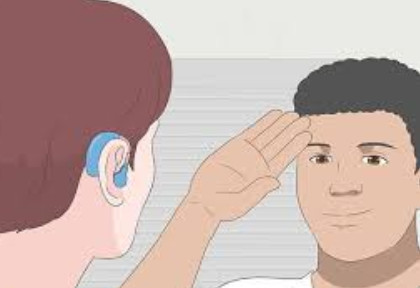
4) Experiences
Every person you encounter has a different story, whether it’s your twin sibling who has grown up next to you or a stranger you honk at in traffic for not using their blinkers. Even if you and your sibling(s) are treated the same for the entire 18 years that you’re a minor, each of you will have lived different lives, had different thoughts, been through different experiences, and eventually have different futures. My sister and I grew up very close, despite our small age gap; we attended the same school, participated in the same activities, and shared similar interests. As we grew older, we began to like different things, have different strengths and weaknesses, and eventually started living our own lives. Many things led to that separation, including schools, friend groups, and most importantly, your brain chemistry. We began to be our own people, have our own struggles, and form our own opinions.
The one thing that keeps us from biting each other’s heads off daily is the reminder that we think and operate differently. When we each entered Freshman year, we got similar yet completely different diagnoses, which form how we see the world and communicate with those around us. We began to understand ourselves, and our families helped us feel like we don’t need to hide who we are; rather, people need to understand us as individual people, not a stereotype or a Google search.



